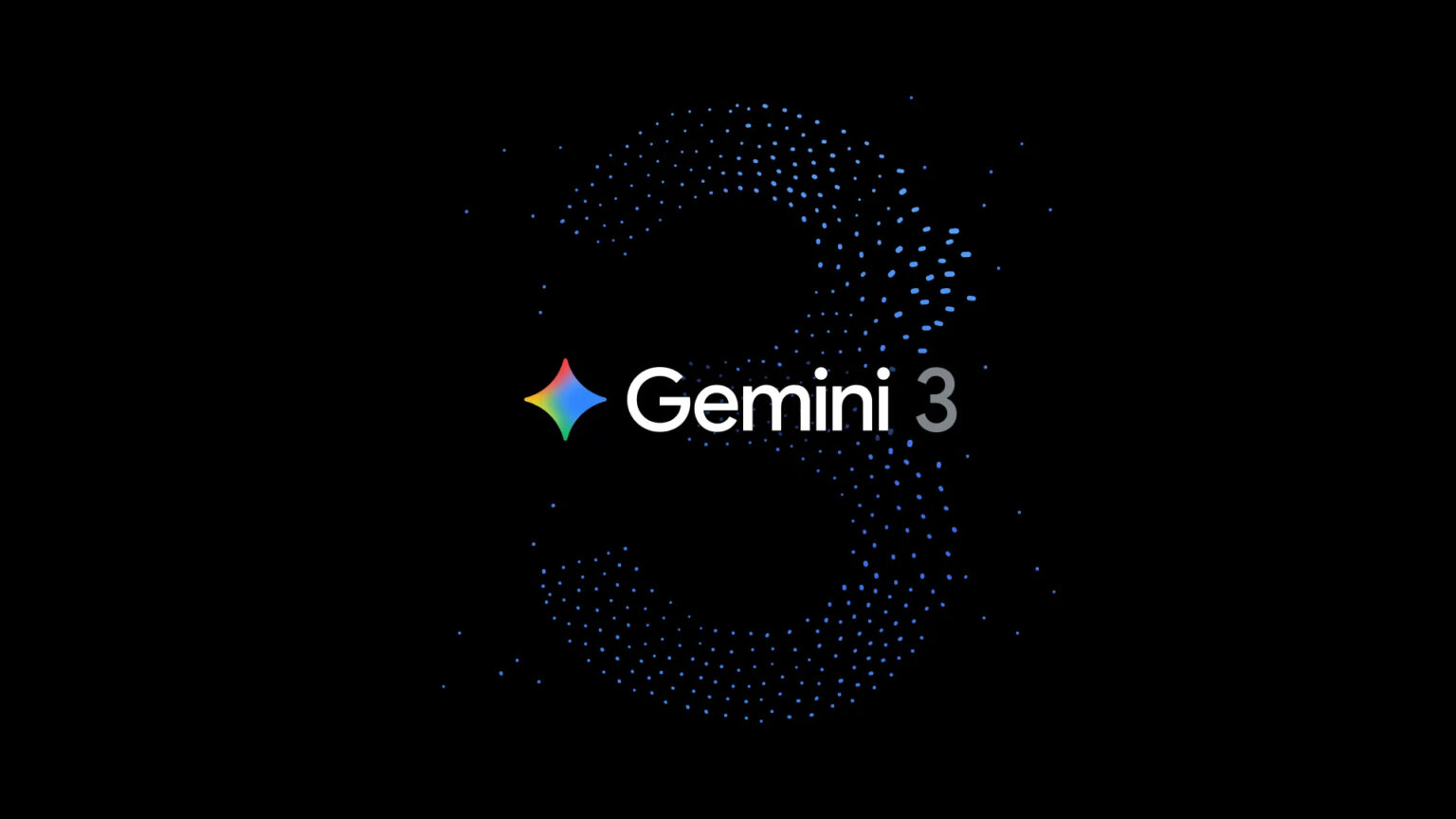Google no longer has time for lab experiments. Tuesday’s launch of the Gemini 3, just eleven months after the debut of the previous generation, signals a fundamental shift in strategy in Mountain View. While executives at the conference were keen to quote leaderboards in which the new model outperforms the competition, the real message was aimed directly at investors: no more theoretical benchmarks, time for aggressive monetisation.
Sundar Pichai and his team seem aware that Wall Street’s patience with AI spending is beginning to run out. With fears of an ‘AI bubble’ growing, Google needs to prove that its billions of dollars of investment in cloud infrastructure translates into real products, not just speculation-driven share price increases. A key difference with this launch is the speed of deployment. In the past, new iterations of Gemini have hit flagship services with a delay of weeks. This time, Gemini 3 is powering the search engine for premium subscribers from day one. Koray Kavukcuoglu, chief AI architect at Google, described this as a “whole new pace” of technology delivery, which can be read as an attempt to run ahead of OpenAI and Anthropic.
The new functionalities betray ambitions beyond the chatbot market. The ‘Gemini Agent’ feature, known internally as AlphaAssist, is intended to realise the vision of a universal assistant capable of performing complex, multi-step tasks such as inbox management or travel organisation. For the enterprise sector, on the other hand, Google has prepared the Antigravity platform – an environment where autonomous agents are expected to plan and code software on their own, which could revolutionise the development services market.
However, this technological leap carries major implications for the wider web ecosystem. The new version of the Gemini app can generate complete interactive interfaces on demand – as demonstrated with the Van Gogh virtual gallery. This is a direct hit on content publishers. If the user receives a ready-made, AI-generated ‘website’ directly in the Google app, the need to visit external sites will drop dramatically. Google is clearly betting on keeping the user’s attention in its own ecosystem, even if this means












